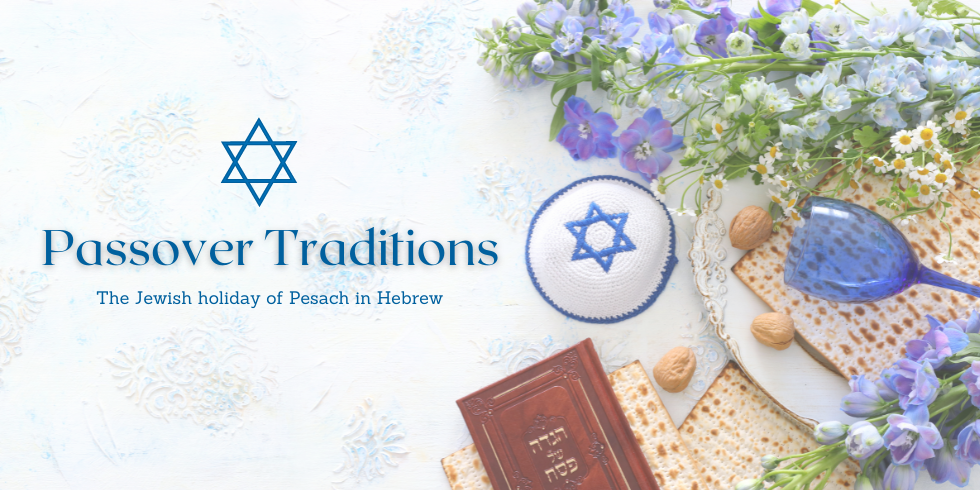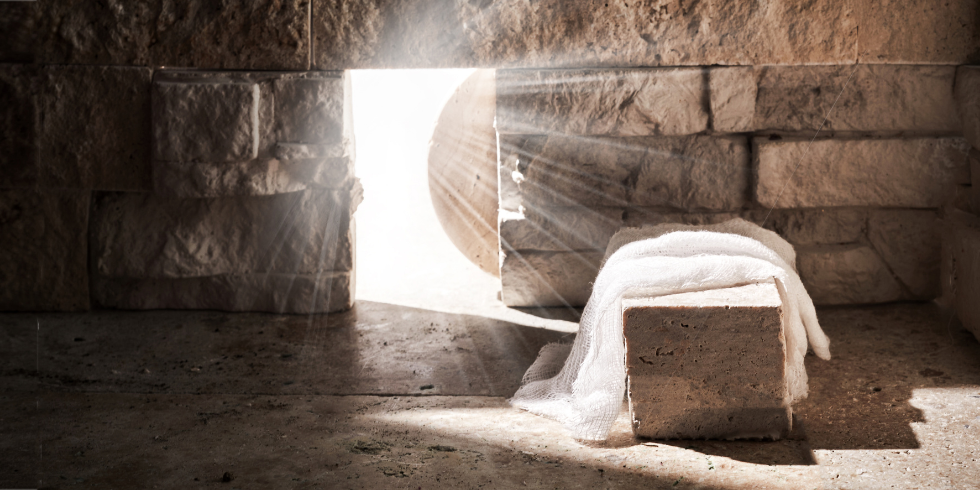
As Christians, it’s important to understand the distinctions between Passover and Easter, two significant holidays that hold deep religious meaning. While both commemorate events central to the Judeo-Christian faith, they have distinct origins and observances. Let’s delve into the differences between Passover and Easter, their historical context, and which Easter should be celebrated by Christians.

PASSOVER:
Origins:
Passover, known as Pesach in Hebrew, is a Jewish festival commemorating the liberation of the Israelites from slavery in ancient Egypt. Its origins are rooted in the biblical account found in the Book of Exodus, where God instructed Moses to lead the Israelites out of Egypt, sparing them from the final plague—the death of the firstborn.
Observance:
Passover is observed for seven or eight days, depending on whether one follows traditional Jewish or Reform Jewish practices. It involves rituals such as the Seder meal, the retelling of the Exodus story, and the avoidance of leavened bread (chametz) to symbolize the haste with which the Israelites fled Egypt.
Exodus 3:10-12 (NIV)
“10. Now I am sending you to the king of Egypt so that you can lead my people out of his country. 11. But Moses said to GOD, ‘ I am nobody. How can I go to the king and bring the Israelites out of Egypt?’ 12. God answered, ‘I will be with you, and when you bring the people out of Egypt, you will Worship me on this mountain. That will be the proof that I have sent you’ .”
Exodus 12:13 (NIV)
“The blood will be a sign for you on the houses where you are, and when I see the blood, I will pass over you. No destructive plague will touch you when I strike Egypt.”
The Last Supper was essentially a Passover feast. However, the New Testament describes it as being given new significance by JESUS. He identified the matzah (bread), he shared with his 12 Apostles as his “Body” and the cup of wine they drank as his “Blood”.
Matthew 26:17 (NLT)
“One the first day of Festival of Unleavened Bread, the disciples came to JESUS and asked, ‘ Where do you want us to prepare the Passover meal for you?’ .”
Matthew 26:26-28 (NIV)
“While they were eating, JESUS took bread, and when he had given thanks, he broke it and gave it to his disciples, saying, ‘Take and eat; this my Body.’ Then he took a cup, and when he had given thanks, he gave it to them, saying, ‘Drink from it, all of you. This is my Blood of the covenant, which is poured out for many for the Forgiveness of sins’ .”
As Jesus’ arrest and execution were said to have occurred during the Jewish observance of Passover, the Easter holiday is often close to the former celebration on the Judeo-Christian calendar.

Origins:
Easter, on the other hand, is a Christian holiday commemorating the Resurrection of Jesus Christ from the dead, as described in the New Testament. It is celebrated on the Sunday following the first full moon after the vernal equinox, typically falling between late March and late April.
Luke 24:6-7 (NIV)
“He is not here; he has risen! Remember how he told you, while he was still with you in Galilee: ‘The Son of Man must be delivered over to the hands of sinners, be crucified and on the third day be raised again.'”
Observance:
Easter is observed with various customs and traditions, including church services, Easter egg hunts, and festive meals.
The central focus of Easter for Christians is the Resurrection of Jesus Christ, which symbolizes victory over sin and death, and the promise of Eternal Life.
1 Corinthians 15:20-22 (NIV)
“But Christ has indeed been raised from the dead, the firstfruits of those who have fallen asleep. For since death came through a man, the resurrection of the dead comes also through a man. For as in Adam all die, so in Christ all will be made alive.”
Which Easter Should Christians Celebrate?
For Christians, the Easter that should be celebrated is the one that commemorates the resurrection of Jesus Christ. While some Christian denominations use the same date as the Jewish Passover for Easter, others follow the Gregorian calendar to determine the date of Easter Sunday. Regardless of the method used to calculate the date, the essence of Easter remains the same—the celebration of Christ’s resurrection and its significance for believers.
In summary, while Passover and Easter share common themes of deliverance and redemption, they are distinct holidays with different origins and observances. Passover commemorates the liberation of the Israelites from slavery in Egypt, while Easter celebrates the resurrection of Jesus Christ. As Christians, our focus during Easter should be on the resurrection of Jesus, which lies at the heart of our Faith and offers Hope for all who believe.
Happy Easter!
